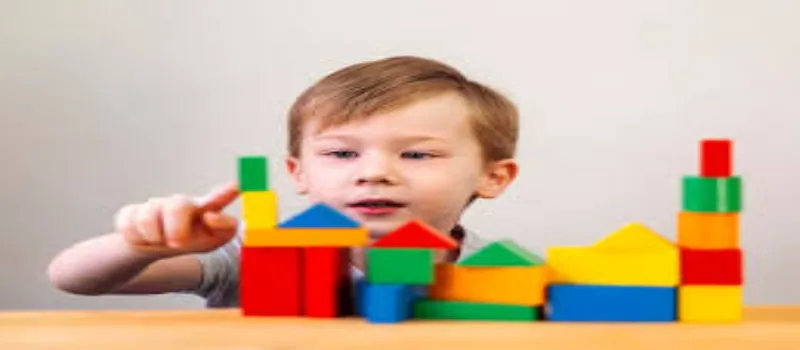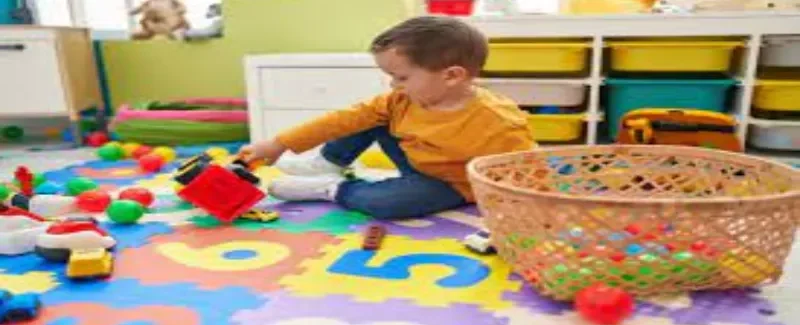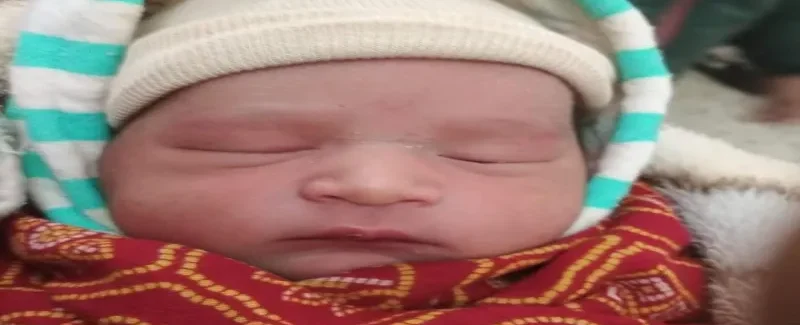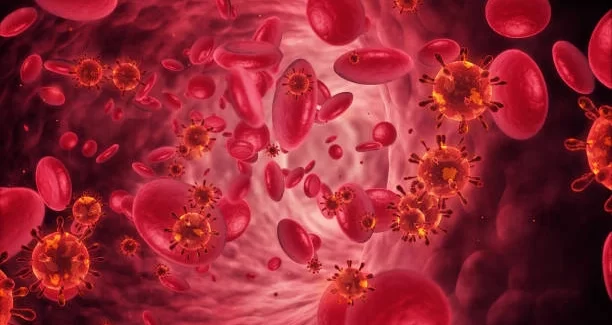How to help baby develop physically and mentally healthy?

Posted Date: April 25th, 2023
Baby Development:
Child development refers to the process of physical, cognitive, emotional and social growth that occurs from birth through adolescence. This process is complex and multifaceted and it involves many different areas of development that are interconnected.
Physical development includes changes in a child’s body size, shape and functioning. This includes growth in height and weight, improvements in motor skills and the development of fine and gross motor skills.
Cognitive development refers to changes in a child’s thinking and reasoning abilities. This includes memory, attention, problem-solving and language skills.
Emotional development includes changes in a child’s ability to understand and manage their emotions. This includes the development of self-awareness, emotional regulation and empathy.
Social development refers to changes in a child’s ability to interact with others and form relationships. This includes the development of social skills, communication skills and the ability to navigate social situations.
It’s important to note that development is a continuous and ongoing process that occurs at different rates and in different ways for each child. Understanding and supporting a child’s development is essential for promoting their overall health and wellbeing. By providing a safe and nurturing environment, engaging in activities that promote learning and development and seeking professional help when needed, parents and caregivers can help support healthy development in children.
How can I improve my child’s development?
There are many things that parents and caregivers can do to support a child’s development. Here are some ideas:
Provide a safe and nurturing environment: Ensure that your child’s physical and emotional needs are met. This includes providing a safe and clean living space, nutritious food and plenty of love and attention.
Engage in play and other activities that promote learning and development: Play is an essential way for children to learn and develop. Spend time playing with your child, reading books together and engaging in other age-appropriate activities that promote learning and development.
Encourage exploration and curiosity: Children learn through exploration and discovery. Encourage your child to explore their environment and ask questions.
Foster social-emotional development: Help your child develop strong social-emotional skills by providing opportunities for social interaction, teaching empathy and kindness and promoting self-regulation.
Support language development: Talk to your child often and expose them to a rich language environment. Read to your child, sing songs and engage in conversation.
Provide opportunities for physical activity: Physical activity is important for a child’s physical and cognitive development. Encourage your child to play outdoors, engage in active play and participate in sports or other physical activities.
Seek professional help if needed: If you have concerns about your child’s development, seek advice from a healthcare provider or other professional. Early intervention can be key to supporting a child’s development.
Remember, every child develops at their own pace, so it’s important to be patient and supportive. By providing a safe and nurturing environment and engaging in activities that promote learning and development, you can help your child reach their full potential.
How can I sharpen my child’s brain?
There are many things parents and caregivers can do to help sharpen a child’s brain and support their cognitive development. Here are some tips:
Encourage play: Play is a great way for children to learn and explore their environment. Provide opportunities for imaginative play, games, puzzles and other activities that stimulate their brain and encourage problem-solving.
Read together: Reading is an excellent way to support language development and stimulate the brain. Read books with your child and ask questions to encourage comprehension and critical thinking.
Provide a rich language environment: Children learn language by hearing and using it. Talk to your child often, use a variety of vocabulary and provide opportunities for them to practice speaking and listening.
Engage in physical activity: Physical activity is not only important for physical health, but also for cognitive development. Encourage your child to engage in regular physical activity to help boost brain function.
Offer healthy foods:Nutrition is important for brain development. Offer a balanced diet that includes plenty of fruits, vegetables, whole grains and protein.
Limit screen time: Excessive screen time can interfere with cognitive development. Limit the amount of time your child spends on screens and prioritize other activities.
Be patient and supportive: Every child develops at their own pace. Be patient and supportive and avoid putting pressure on your child to meet specific milestones.
Remember, the most important thing you can do to support your child’s cognitive development is to provide a safe and nurturing environment where they can learn and explore. By providing opportunities for play, reading, physical activity and healthy nutrition, you can help sharpen your child’s brain and support their overall development.
At what age does a child’s brain develop?
A child’s brain development starts before birth and continues through adolescence. However, the most rapid period of brain development occurs in the first few years of life.
During the first year of life, a baby’s brain undergoes significant changes as neurons rapidly connect to form neural pathways. By the age of two, a child’s brain is about 80% of its adult size and it continues to develop rapidly throughout early childhood.
Between the ages of three and six, there is another period of rapid brain development, particularly in the areas of language, social and emotional development and executive function.
It’s important to note that brain development is not a linear process and can be influenced by many factors, including genetics, environment and experiences. Providing a safe and nurturing environment, engaging in play and other activities that promote learning and supporting healthy development can help optimize a child’s brain development.
How to help baby develop physically and mentally?
Improving a baby’s physical and mental development involves providing a safe, stimulating and nurturing environment that supports their growth and learning. Here are some ways you can support your baby’s physical and mental development:
Physical Development:
Provide plenty of tummy time to help your baby develop their neck, back and arm muscles.
Encourage your baby to reach for and grasp objects to develop their hand-eye coordination.
Provide age-appropriate toys that encourage movement, such as soft balls or stacking blocks.
Ensure your baby is getting enough sleep, proper nutrition and regular exercise.
Mental Development:
Talk, sing and read to your baby regularly to help them develop their language skills and cognitive abilities.
Provide age-appropriate toys and games that encourage problem-solving, creativity and exploration.
Play games that involve imitation, such as peek-a-boo or copycat, to help your baby develop their social and emotional skills.
Encourage your baby’s curiosity and exploration by introducing them to new sights, sounds, textures and experiences.
Overall the most important thing you can do to support your baby’s physical and mental development is to provide a safe,nurturing and stimulating environment that encourages their growth and learning. Remember to be patient, observant and responsive to your baby’s needs and consult with a pediatrician or child development specialist if you have any concerns about your baby’s development.








